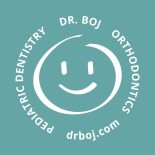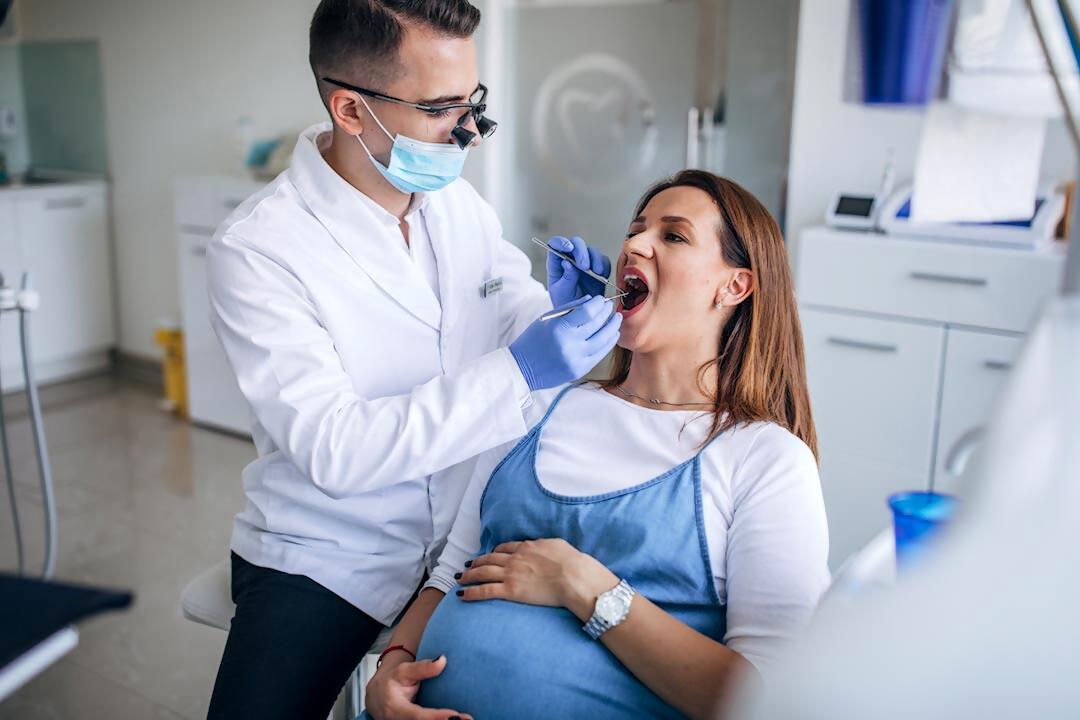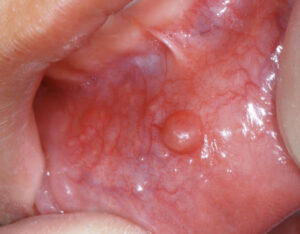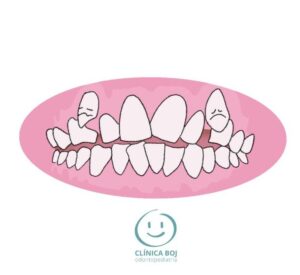How does pregnancy affect the mother’s oral health?
Are pregnancy and oral health related?
There is no doubt that pregnancy and a mother’s oral health are related. Generally, pregnancy brings with it a number of changes that can affect the mouth, leading to an increased risk of tooth decay and gum disease.
For this reason, as soon as a woman knows she is pregnant, we recommend that she request a check-up with her dentist. During the appointment, the dentist will indicate if you have any pathology that may have an impact on the health of the future baby and will carry out the necessary preventive treatments.
Therefore, it is very important that, during pregnancy, you maintain proper oral hygiene, as well as a balanced diet. This way, when you have your baby you will be more relaxed to start breastfeeding.
Is it true that during pregnancy the baby takes calcium out of my teeth, leaving them fragile?
No. Contrary to popular belief, the baby does not get calcium from its mother’s teeth. When the baby needs calcium, it gets it from the diet or from the mother’s bones, but never from her teeth. The popular saying that “every pregnancy cost me a tooth” is also not true.
However, if you are developing more cavities during pregnancy it may be due to:
1- Insufficient plaque removal.
The bacteria in dental plaque use the sugar you eat to produce acids that will attack the enamel of your teeth causing cavities.
2- Change in dietary habits and schedules.
As your abdomen increases in size you will begin to eat small amounts of food more frequently due to the feeling of satiety. You should avoid eating sweet and/or sticky foods, such as sweets, packaged juices, soft drinks, pastries, etc.
3- Vomiting associated with pregnancy or stomach acid reflux.
Stomach acid causes erosion of the tooth enamel, making it more susceptible to decay.
Why do gums hurt?
The hormonal changes that accompany pregnancy favor the appearance of gingivitis. This is another reason that links pregnancy and oral health.
Gingivitis is an inflammation and redness of the gums that can cause generalized mouth pain and an increased tendency to bleed. Normally, gum problems often appear during the second month of pregnancy, usually peak in the eighth month and improve after delivery. Certainly, if you already had gum problems or periodontal disease before pregnancy, they are likely to worsen.
In addition, a “pregnancy granuloma” may also appear during the second trimester. In summary, this is a lumpy lesion located on the gum that bleeds easily. Eventually, most of them decrease in size or disappear after delivery.
Unfortunately, we cannot control the hormonal changes of pregnancy, but it is up to you to eliminate the other factors that cause gingivitis.
Primarily, these include:
1- removing dental plaque
the teeth should be cleaned several times a day.
2- remove tartar
you should have your mouth cleaned by your dentist.
References:








